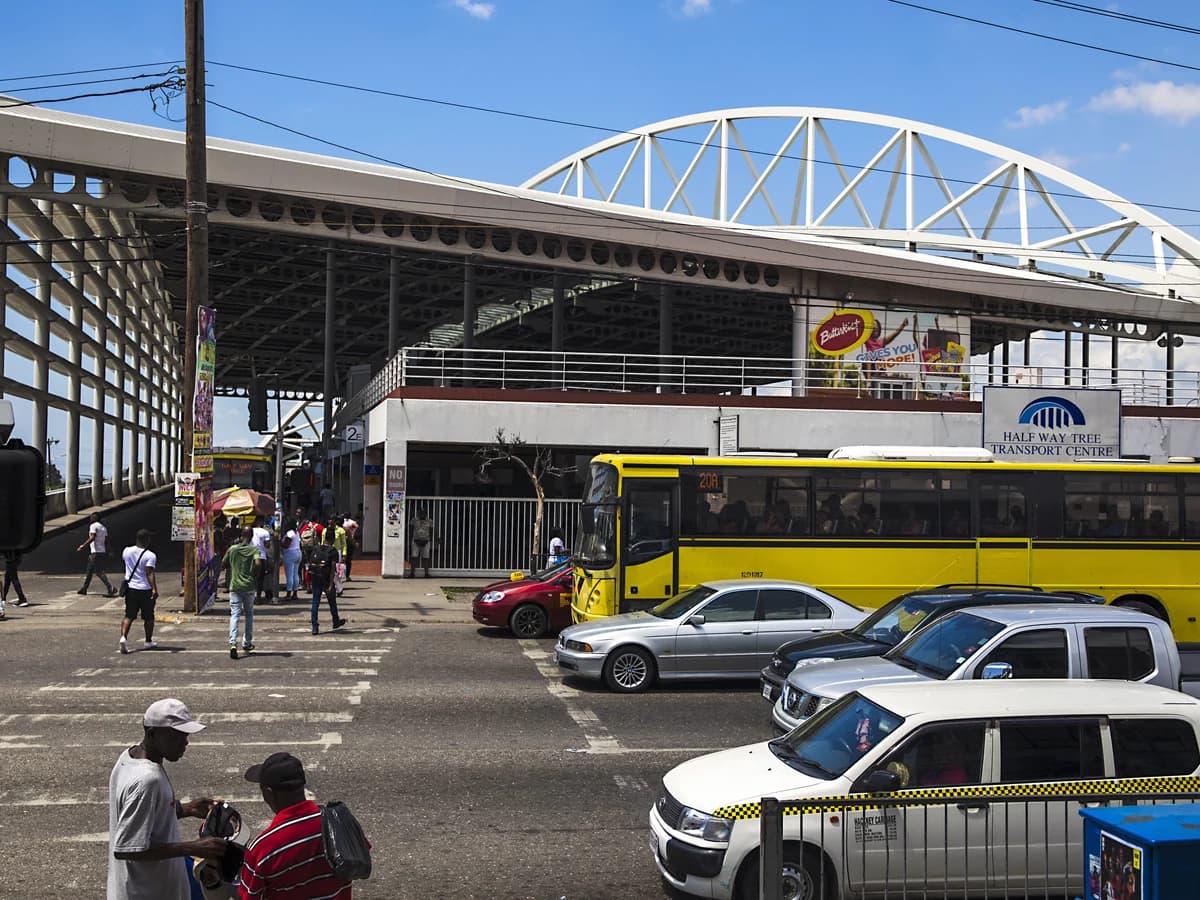We're loading the full news article for you. This includes the article content, images, author information, and related articles.
Authorities in Jamaica have implemented curfews in parts of Kingston and St. Catherine following two recent shooting incidents that left six people dead, including a four-year-old child, and nine injured.

The curfews were imposed after a surge in violence, including a shooting on Tuesday, October 7, 2025, in Kingston where unidentified gunmen opened fire on a group, injuring six people, including two children. This followed a separate incident on Sunday, October 5, 2025, in Linstead, St. Catherine parish, where five people, including a four-year-old girl, were killed. One of the teenagers injured in the Tuesday shooting later died on Wednesday morning, October 8, 2025.
Jamaican Prime Minister Andrew Holness visited the Commodore community in Linstead on Monday, October 6, 2025, to meet with victims' families, condemning the attack as an "act of criminal terror designed to elicit the highest level of fear within the community." Police Commissioner Kevin Blake appealed to the community for support in bringing the perpetrators to justice, emphasising that the Jamaica Constabulary Force (JCF) would relentlessly pursue those responsible.
Jamaica has historically grappled with high rates of violent crime, largely attributed to gang activity and the illegal smuggling of firearms, primarily from the United States. Despite recent incidents, police statistics indicate a significant reduction in killings. As of October 4, 2025, the island of 2.8 million people reported 522 killings, a 41% drop compared to 883 killings in the same period last year. This marks a sustained period of reduced violence, with weekly murder counts remaining below 15 for 14 consecutive weeks since March 2025, the longest such stretch in 25 years. The country is projected to end 2025 with a murder rate of approximately 24 per 100,000 population, which would be the lowest rate since 1991.
The Jamaican government has implemented various strategies to combat crime, including strengthening police capacity, modernising legislation, and adopting intelligence-led policing. Curfews are a common tool used by authorities in response to spikes in violence, restricting movement within designated areas to facilitate security operations. These measures grant law enforcement additional powers, such as searches, in an effort to restore peace and stability.
Deputy Superintendent of Police (DSP) Marcia Blake, leading the St. Catherine North Zone 2, affirmed the police's commitment to apprehending those responsible for the recent killings. She noted that police personnel are engaging with students in affected communities to provide reassurance. Community leaders and residents have consistently called for sustained efforts to address the root causes of violence and improve trust between citizens and law enforcement.
Source: Jamaica Constabulary Force (JCF) statistics, October 2025.
While the curfews are intended to restore order, they can disrupt daily life for residents and businesses within the affected zones. For tourists, while popular resort areas like Negril, Ocho Rios, and Montego Bay are generally considered safer due to enhanced security, advisories from various governments, including the US and UK, recommend exercising increased caution due to crime, particularly outside tourist zones and in certain inner-city neighbourhoods. The UK government highlights that gang activity and violent crime are concentrated in specific inner-city areas that most tourists rarely visit.
The specific motivations behind the recent shootings remain largely unconfirmed by police. While suspected gang violence is often cited, detailed information on the groups involved or the exact triggers for these particular incidents has not been publicly released. The long-term effectiveness of curfews and other enhanced security measures in sustainably reducing gang violence is a subject of ongoing debate among experts and community members.
The coming weeks will reveal the immediate impact of the imposed curfews on crime rates in the affected areas. Observers will be watching for any further statements from the JCF regarding arrests and the dismantling of gang networks. The government's long-term strategies for addressing socio-economic factors contributing to gang violence will also be crucial for sustainable peace.
Keep the conversation in one place—threads here stay linked to the story and in the forums.
Sign in to start a discussion
Start a conversation about this story and keep it linked here.
Other hot threads
E-sports and Gaming Community in Kenya
Active 9 months ago
The Role of Technology in Modern Agriculture (AgriTech)
Active 9 months ago
Popular Recreational Activities Across Counties
Active 9 months ago
Investing in Youth Sports Development Programs
Active 9 months ago